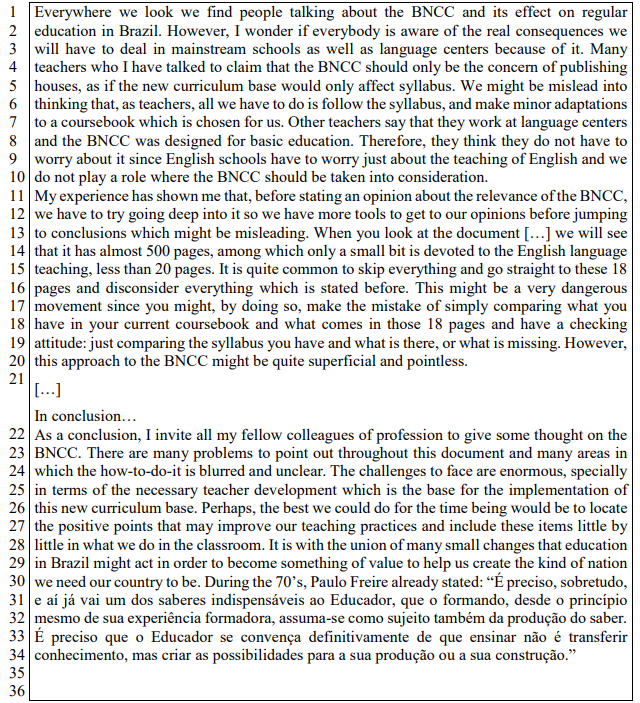Google Adds a Safeguard on Privacy for Searchers
By MIGUEL HELFT
SAN FRANCISCO, March 14 — Web search companies
collect records of the searches that people conduct, a fact that
has long generated …16… among privacy advocates and some
Internet users that valuable personal data could be misused.
Now Google is taking a step to ease those concerns. The
company keeps logs of all searches, along with digital identifiers
linking them to specific computers and Internet browsers. It said
on Wednesday that it would start to make those logs anonymous
after 18 to 24 months, making it much harder to connect search
records to a person. Under current practices, the company
keeps the logs intact indefinitely.
“We have decided to make this change with feedback
from privacy advocates, regulators worldwide and, of course,
from our users,” said Nicole Wong, Google’s deputy general
counsel.
But it is unclear whether the change will have its intended
effect. Privacy advocates reacted with a mix of praise and
dismay to it.
“This is really the first time we have seen them make a
decision to try and work out the conflict between wanting to be
pro-privacy and collecting all the world’s information,” said Ari
Schwartz, deputy director of the Center for Democracy and
Technology, an advocacy group. “They are not going to keep a
profile on you indefinitely.”
Others were less enthusiastic. “I think it is an absolute
disaster for online privacy,” said Marc Rotenberg, executive
director of the Electronic Privacy Information Center.
Ms. Wong said Google uses the search data internally
only to improve its search engine and other services. She added
that Google would release search data only if compelled by a
subpoena. Even so, Google was the only major search engine to
resist a Justice Department subpoena for vast amounts of
search data last year — a move that drew praise from privacy
advocates.
Just how personally revealing such data can be became
evident last year, when AOL released records of the searches
conducted by 657,000 Americans for the benefit of researchers.
…17… AOL did not identify the people behind the searches,
reporters from The New York Times were able to track down
some of them quickly through their search requests.
The ensuing flap caused AOL to tighten its privacy
policies. The company now keeps search histories for only 13
months and does not link them to Internet protocol addresses —
digital tags that can identify a specific computer.
For its part, Yahoo keeps search data for “as long as it is
useful,” said a spokeswoman, Nissa Anklesaria. And Microsoft
said that while it does not keep search histories alongside I.P.
addresses, it can connect the two if law enforcement requests it.
(Adapted from
http://www.nytimes.com/2007/03/15/technology/15googles.html_r=1&ore
f=login)

